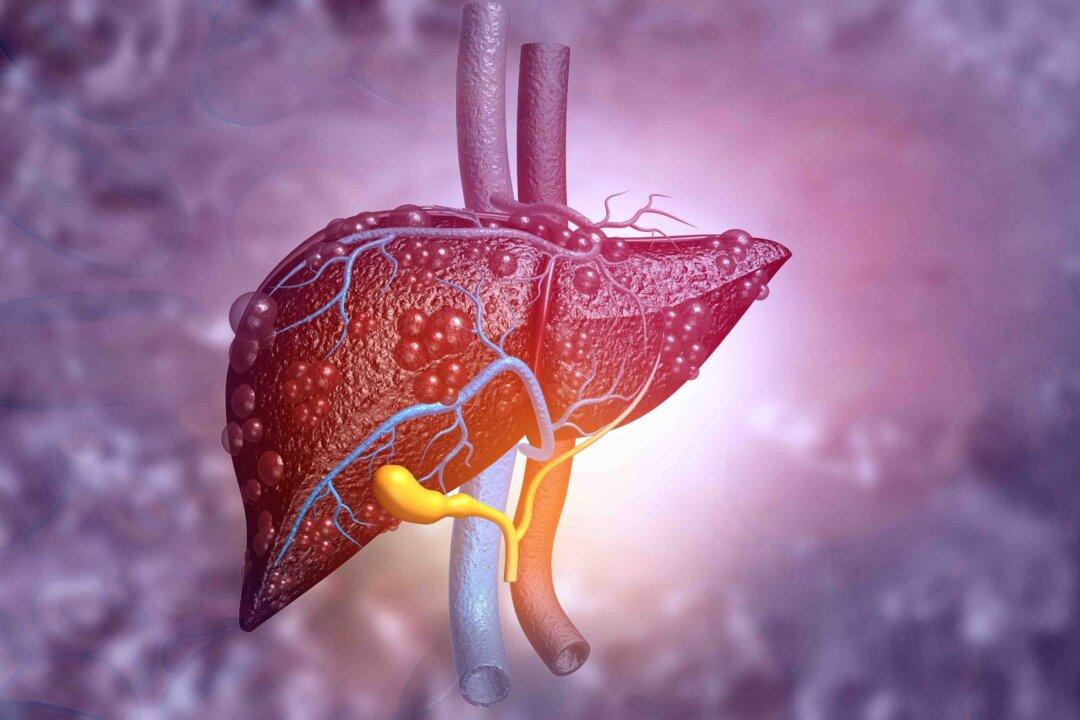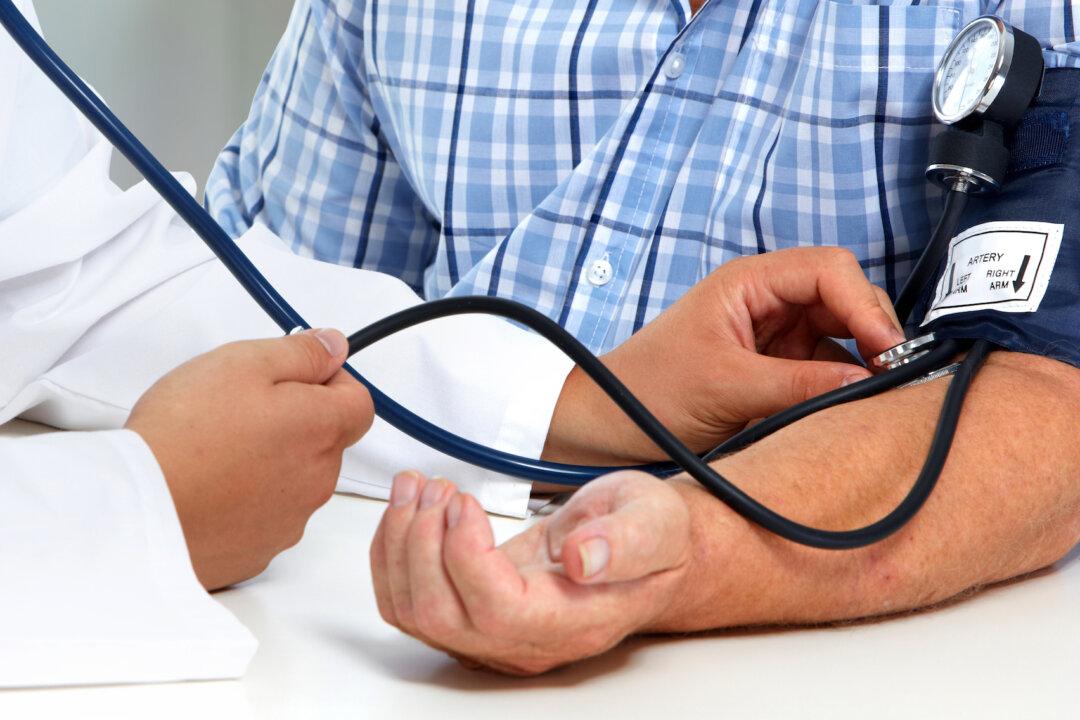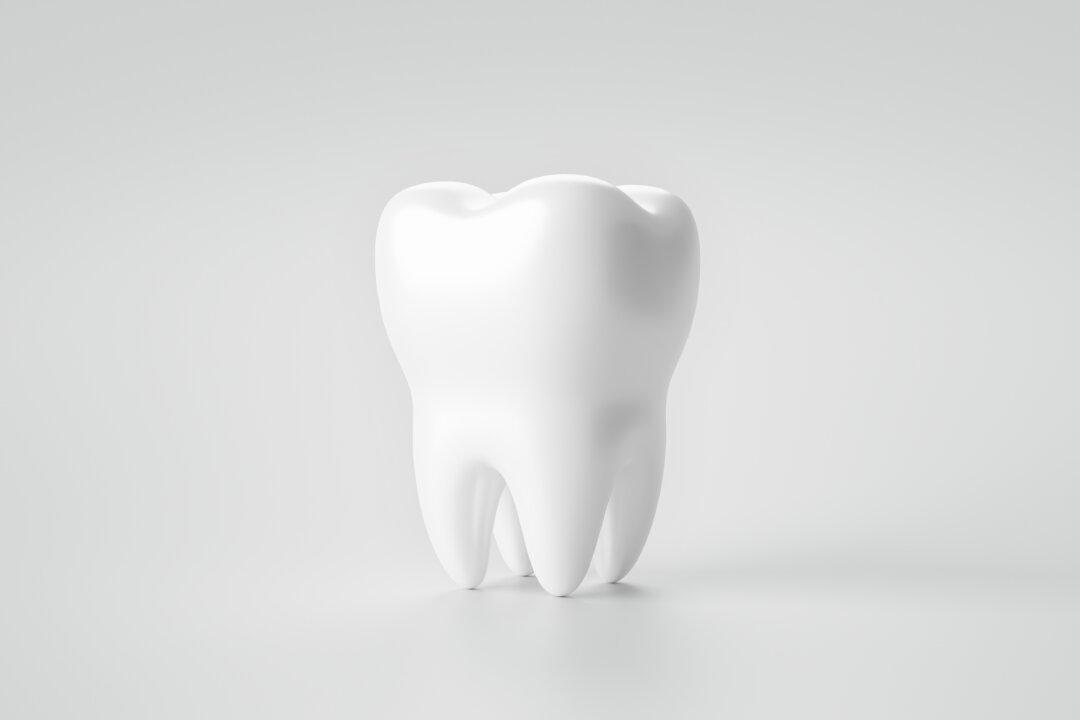During the pandemic, the stressors in life have become amplified, leaving many at risk for cardiovascular disease. Previous research has shown that chronic stress and other negative factors can impact cardiovascular health. But a new study shows how being kind to oneself may help lower these risks.
The research published in Health Psychology found that middle-aged women who practiced self-compassion had a lower risk of developing cardiovascular disease, irrespective of other traditional risk factors such as cholesterol levels, insulin resistance, and high blood pressure.




